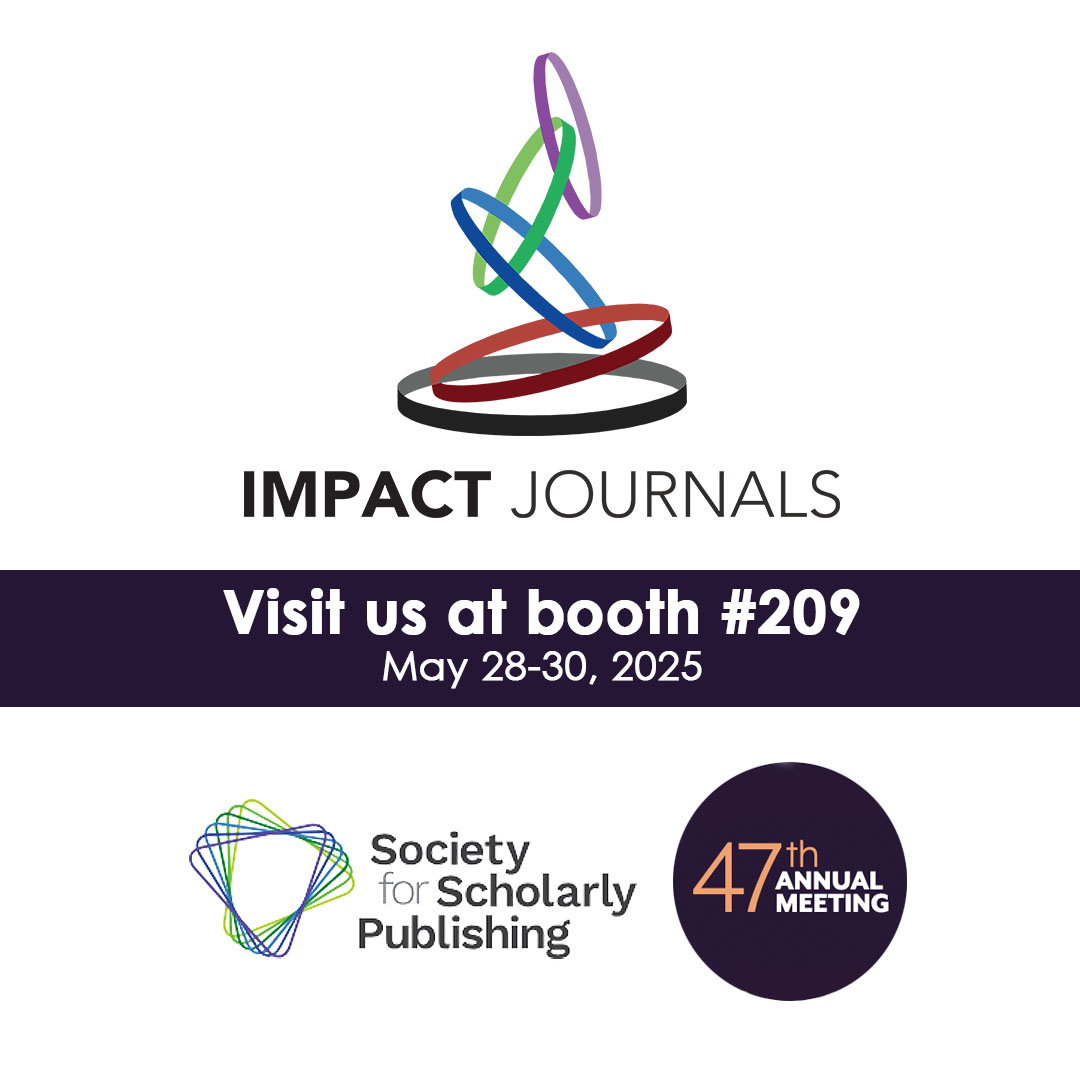Research Papers:
Microenvironment-derived ADAM28 prevents cancer dissemination
PDF | HTML | Supplementary Files | How to cite
Metrics: PDF 1819 views | HTML 3544 views | ?
Abstract
Catherine Gérard1, Céline Hubeau1, Oriane Carnet1, Marine Bellefroid1, Nor Eddine Sounni1, Silvia Blacher1, Guillaume Bendavid1,2, Markus Moser3, Reinhard Fässler3, Agnès Noel1, Didier Cataldo1,4,* and Natacha Rocks1,*
1Laboratory of Tumor and Development Biology, GIGA-Cancer and GIGA-I3, GIGA-Research, University of Liege, Liege, Belgium
2ENT Department, University Hospital of Liege, Liege, Belgium
3Max-Planck-Institute of Biochemistry, Department of Molecular Medicine, Martinsried, Germany
4Department of Respiratory Diseases, CHU Liege and University of Liege, Liege, Belgium
*These authors have contributed equally to this work
Correspondence to:
Didier Cataldo, email: didier.cataldo@uliege.be
Keywords: ADAM28; lung; metastasis; CD8+; T lymphocytes
Received: July 27, 2018 Accepted: November 26, 2018 Published: December 14, 2018
ABSTRACT
Previous studies have linked cancer cell-associated ADAM28 expression with tumor progression and metastatic dissemination. However, the role of host-derived ADAM28 in cancer dissemination processes remains unclear.
Genetically engineered-mice fully deficient for ADAM28 unexpectedly display increased lung colonization by pulmonary, melanoma or breast tumor cells. In experimental tumor cell dissemination models, host ADAM28 deficiency is further associated with a decreased lung infiltration by CD8+ T lymphocytes. Notably, naive ADAM28-deficient mice already display a drastic reduction of CD8+ T cells in spleen which is further observed in lungs. Interestingly, ex vivo CD8+ T cell characterization revealed that ADAM28-deficiency does not impact proliferation, migration nor activation of CD8+ T cells. Our data highlight a functional role of ADAM28 in T cell mobilization and point to an unexpected protective role for host ADAM28 against metastasis.
 All site content, except where otherwise noted, is licensed under a Creative Commons Attribution 4.0 License.
All site content, except where otherwise noted, is licensed under a Creative Commons Attribution 4.0 License.
PII: 26449

